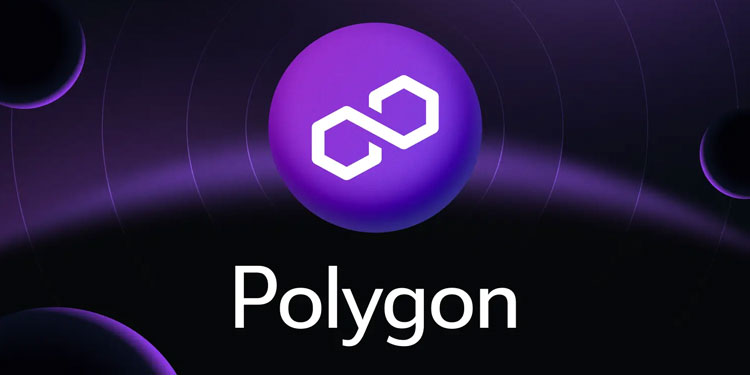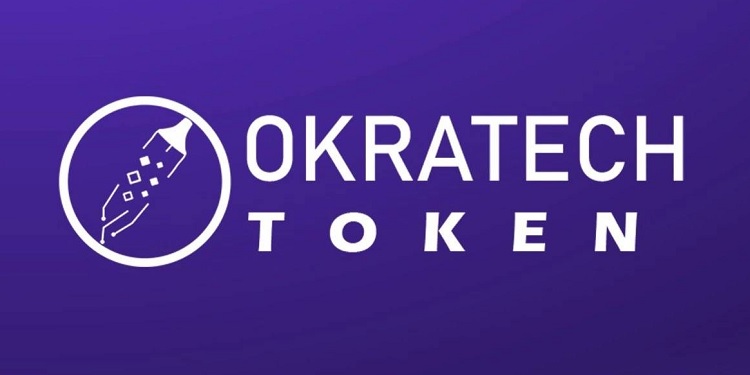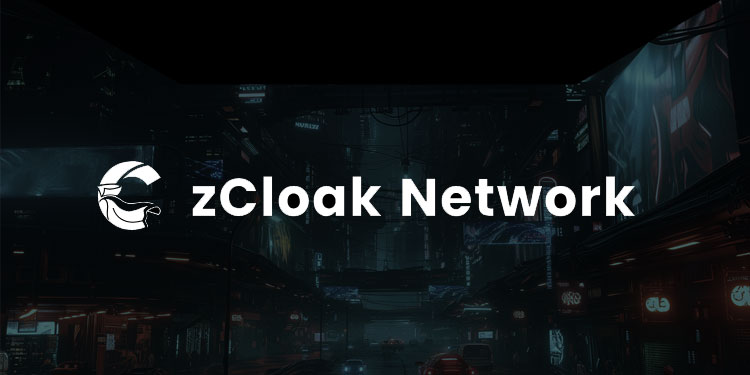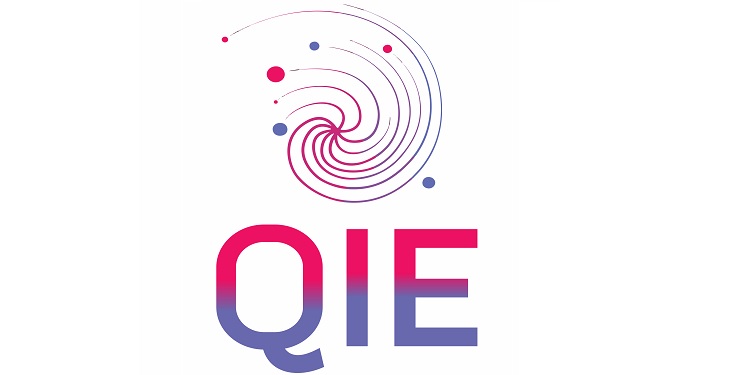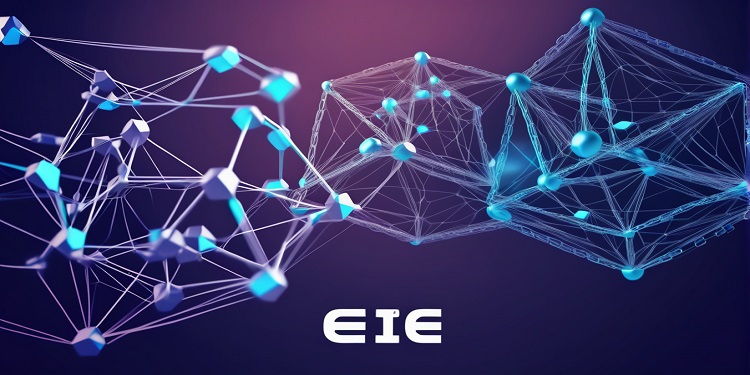Polygon Labs has recently announced a significant partnership with Pyse, a platform specializing in sustainable and clean energy assets. This collaboration will integrate Pyse’s electric motorcycle fleet, deployed for food delivery in Dubai, with Polygon’s blockchain infrastructure. This step marks a critical milestone in advancing real-world assets (RWAs) on the blockchain, setting the stage for a strategic expansion into India, a country that is rapidly embracing electric mobility and sustainable infrastructure.
A Vision for Green Mobility and Blockchain Integration
Pyse, known for enabling retail investors to own fractional shares of sustainable assets, is now bringing its electric motorcycles into the blockchain ecosystem in collaboration with Polygon. The goal is to enhance transparency, efficiency, and the opportunity for fractional ownership within the green mobility sector. Polygon’s partnership with Pyse fits into its broader strategy to develop a comprehensive RWA ecosystem, positioning Pyse as a flagship project within this vision.
The integration of Pyse’s electric motorcycles into Polygon’s blockchain framework will open new opportunities for users to invest in and manage green mobility assets. By leveraging blockchain technology, this collaboration aims to make sustainable transportation solutions more accessible, offering real-world applications for decentralized finance and the electric vehicle (EV) market.
Innovative Data Collection with DePIN Mining Machines
In addition to revolutionizing last-mile logistics, Pyse is also introducing a novel technology called the Depin Mining Machine (DMM). This technology transforms the electric motorcycles into mobile data collection nodes, allowing decentralized physical infrastructure networks (DePIN) projects to gather urban data such as air and noise pollution, as well as road conditions. The data collected will simultaneously support the minting of native tokens, expanding the utility of the motorcycles while contributing to environmental monitoring.
This innovation further strengthens the collaboration by adding a data-driven layer to the blockchain-powered green mobility solutions. The ability to collect and monetize valuable urban data through the use of electric motorcycles creates a new avenue for sustainable investments and further enhances the positive impact of these assets.
Strategic Expansion into India’s Growing EV Market
The partnership is set to expand into India, where the electric mobility market is experiencing rapid growth. India’s increasing focus on sustainable infrastructure and electric vehicles presents a promising opportunity for blockchain-powered RWAs. With the EV market in India projected to grow by 18% annually, there is significant potential for introducing Polygon and Pyse’s business model, particularly among the younger, environmentally conscious demographic.
The collaboration aims to replicate its successful model from Dubai, bringing fractional ownership and data-driven solutions to the Indian market. By doing so, it is expected to accelerate the green transition and contribute to India’s broader sustainable development goals. The introduction of blockchain-based RWAs and decentralized data solutions in this growing market is poised to create impactful investment opportunities and foster widespread adoption of green technologies.
Unlocking New Investment Opportunities
Both Polygon and Pyse are enthusiastic about the potential to bring institutional-grade green assets to retail investors through their partnership. Polygon’s focus on RWAs and DePIN technologies aligns with India’s growing emphasis on electric mobility and sustainable infrastructure. This collaboration not only aims to meet the increasing demand for green investments but also seeks to drive large-scale adoption of sustainable technologies in emerging markets.
As this initiative progresses, the collaboration between Pyse and Polygon is expected to play a significant role in advancing blockchain-based green mobility solutions, helping pave the way for a more sustainable and tech-enabled future.

